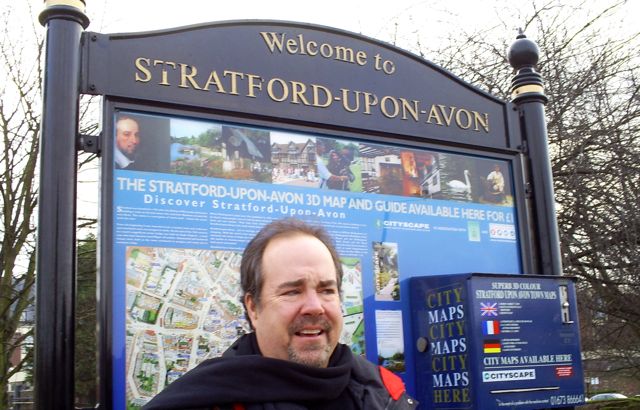Tuesday, October 19, 2010
Angel-a
Why is it that movies about angels almost always suck? Even the best of the genre, a classic like It's a Wonderful Life, is best when the 'angel' isn't on screen (and by the way, give me Potterville over the sappy Bedford Falls any day of the week. No wonder Jimmy Stewart wanted to get the hell out of that place!). All of which brings us to the movie I watched on the treadmill this week, Luc Besson's (the Fifth Element, Transporter 1, 2, and 3) Angel-a. Besson's best work has paired frenetic action and quick cuts with thumping Europop, creating a instantly recognizable style. Angel-A deviates from this style. It's more of an homage to New Wave directors like Godard or Truffaut, and the occasional music that is in it is mostly distracting and more traditional. Paris looks gorgeous filmed in b&w, and the physical difference between the two stars, Jamel Debbouze (the Arabic grocery boy in Amelie) and Rie Rasmussen is heightened by the use of b&w. I couldn't take my eyes off the two of them, which is a good thing, since nearly every scene focuses on the pair. It's a visually impressive film, and if you feel like you've seen the plot before (including the ending), you'll forgive it because of the stylistic flourishes--and because it's so damned short. I didn't make it through two days of treadmilling before finishing the movie. This isn't a deep or thoughtful movie, and like most angel movies it treads closely on the line of being maudlin, but it's good to see Besson try something out of the ordinary (for him).
Wednesday, October 6, 2010
Paris, the Movie
Haven't posted for awhile, but now that I'm back in my routine (teach all morning, watch movies while working out at the gym at noon), I'll get back into this. I had low/no expectations for this movie. Name a movie after a city, and you usually end up with a travelogue of pretty shots and minimal plot. I was happily surprised by this movie. Binoche, as usual, offers a performance that suggests more than the words her character utters. Mélanie Laurent (of Inglorious Bastards fame) steals scenes, but the real heart of this movie (pun intended) is Romaine Duris, the (perhaps) dying brother. Like Crash did (less successfully) several years ago, this movie follows three seemingly disparate subplots through Paris (but much less preachy than Crash, and when they do intersect, it doesn't seem quite as forced as in that movie). Paris isn't the star here, until the final scene (I'll leave it there), but instead it's the stage where three stories develop. Not Citizen Kane, but a hell of lot more entertaining and moving than I expected.
Subscribe to:
Posts (Atom)





